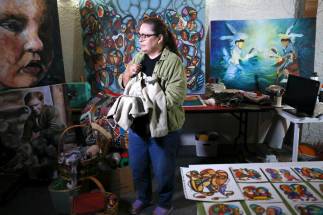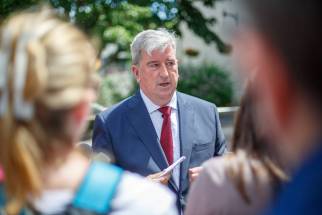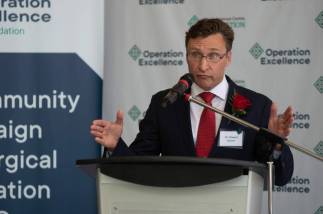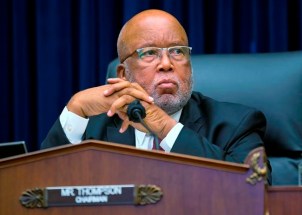Chaperone conundrum Training, disclosure, conflict of interest are among concerns about conditions applied to physicians under investigation
Read this article for free:
or
Already have an account? Log in here »
To continue reading, please subscribe:
Monthly Digital Subscription
$0 for the first 4 weeks*
- Enjoy unlimited reading on winnipegfreepress.com
- Read the E-Edition, our digital replica newspaper
- Access News Break, our award-winning app
- Play interactive puzzles
*No charge for 4 weeks then price increases to the regular rate of $19.00 plus GST every four weeks. Offer available to new and qualified returning subscribers only. Cancel any time.
Monthly Digital Subscription
$4.75/week*
- Enjoy unlimited reading on winnipegfreepress.com
- Read the E-Edition, our digital replica newspaper
- Access News Break, our award-winning app
- Play interactive puzzles
*Billed as $19 plus GST every four weeks. Cancel any time.
To continue reading, please subscribe:
Add Free Press access to your Brandon Sun subscription for only an additional
$1 for the first 4 weeks*
*Your next subscription payment will increase by $1.00 and you will be charged $16.99 plus GST for four weeks. After four weeks, your payment will increase to $23.99 plus GST every four weeks.
Read unlimited articles for free today:
or
Already have an account? Log in here »
Hey there, time traveller!
This article was published 22/06/2022 (1265 days ago), so information in it may no longer be current.
The woman remembers thinking the sign in her family doctor’s exam room was strange.
The single piece of paper, attached to a calendar pinned to the wall, stated: “Dr. Bissonnette requires a chaperone to be present at all times when he conducts any breast or pelvic examination of a female patient.”
Although she wondered if she should be concerned, she told herself he wouldn’t be allowed to treat patients if something serious had come to light. So she continued seeing him as she had been since childhood.
Nearly two years after noticing the sign at the Ste. Anne medical centre, her doctor, Arcel Bissonnette, was charged with six counts of sexual assault involving patients. That number grew to 22 counts as she and more women came forward.
A Free Press investigation into the secret handling of physician misconduct by the College of Physicians and Surgeons of Manitoba (CPSM) is revealing regulatory policies that prioritize physicians’ right to privacy over patients’ safety, leaving patients vulnerable to a range of mistreatment, including criminal offences.
The college’s specific failures, critics say, include: not telling patients about serious accusations against their physicians; holding investigations behind closed doors; posting vague signage about required chaperones in doctors’ offices; having limited rules governing chaperoning; and placing controversial gender-based conditions on physician licences. The CPSM refuses to inform patients of any allegations against physicians or ongoing investigations, citing privacy restrictions under the Regulated Health Professions Act (RHPA).
The college can impose interim measures intended to protect the public and ensure “procedural fairness to the investigated member.” Interim measures can include conditions requiring physicians to have a chaperone present when conducting sensitive exams on patients of a certain gender, which also require corresponding signage to be posted.
The college says Bissonnette agreed in January 2019 to have a condition on his licence stating that he only perform breast or pelvic exams of female patients with a chaperone present. The condition was put into effect after someone raised “concerns” with the college. It had been in place for 22 months before he was arrested in November 2020.
The college won’t say when it received the original complaint. A Free Press review of court documents show three women allege they were sexually assaulted after the condition was put in place.
The college says it was not aware he breached any conditions, nor has it “received allegations of misconduct occurring” while the restriction was in effect. It won’t say more about Bissonnette.
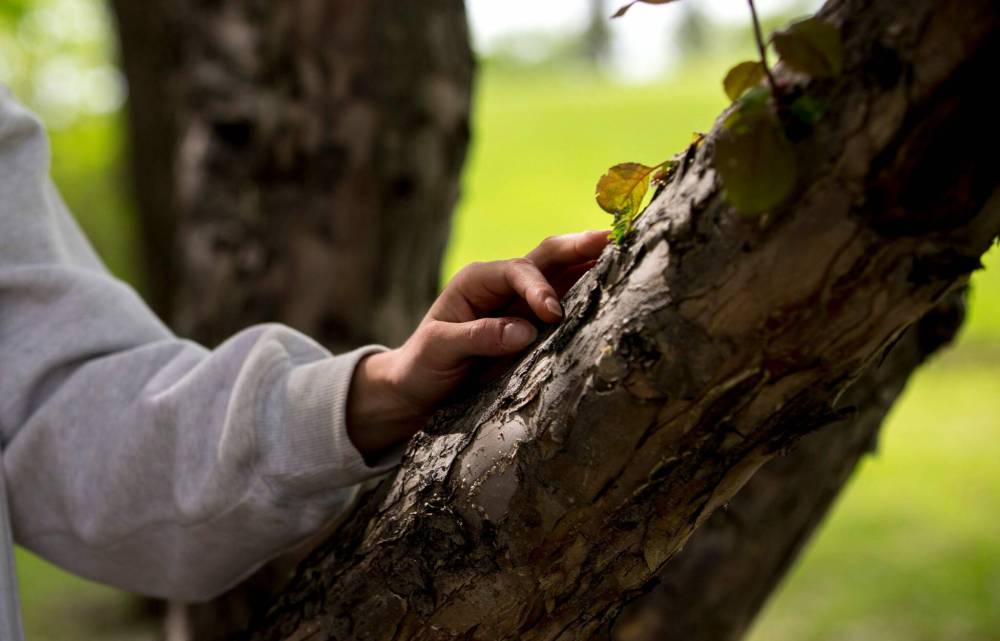
The victim who spoke with the Free Press said chaperones — one of two front desk employees — were present during her exams, however she alleges her doctor also groped her when she was there for non-exam appointments.
She said the situation involving chaperones is “maddening” because it suggests staff at the medical clinic were more aware of the concerns raised with the college than patients.
“The staff aren’t the ones in the relationship with the doctor, it’s the patients,” said the victim, who can’t be named due to a publication ban. “It just feels really deceptive in terms of also trusting the clinic.”
Bissonnette’s case is before the courts and he is presumed innocent. His lawyer did not respond to requests for comment.
Dr. Anna Ziomek, the CPSM registrar, declined to be interviewed for this series. In a statement, she said the college strives to be transparent but must work within the limitations of the RHPA, Manitoba’s legislation governing regulated health professions.
“The staff aren’t the ones in the relationship with the doctor, it’s the patients. It just feels really deceptive in terms of also trusting the clinic.” – Victim
“We recognize some improvements can be made, but overhauling the RHPA extends beyond CPSM’s medical regulatory authority and can only be amended by the Legislative Assembly,” she said.
Health Minister Audrey Gordon declined interview requests.
CPSM college spokesperson Wendy Elias-Gagnon said in an email that chaperones are told what to focus on during exams and that the medical director of the physician’s clinic is also made aware of the concerns. The chaperone is also required to report “any deviation from the required conditions or any concerning behaviour directly to CPSM or through the medical director of the clinic in which they work,” Elias-Gagnon said.
However, there is no formal training for chaperones in Manitoba; training happens on case-by-case basis, she said. If the complaint is about how particular examinations are performed, training would address that; if the complaint is about communication, training would focus on that, Elias-Gagnon said.
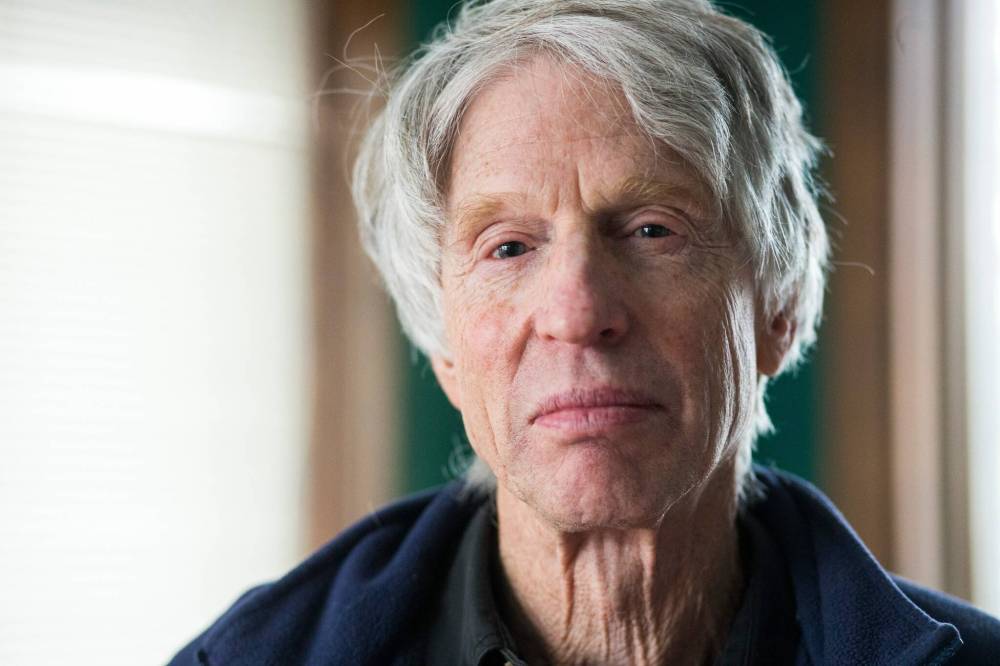
Arthur Schafer, founding director of the University of Manitoba’s Centre for Professional and Applied Ethics, questions whether the CPSM’s training is sufficient — especially if a chaperone doesn’t have formal medical training.
“How do they know whether the doctor, when taking your blood pressure, needs to touch your breast?” Schafer asked. “Doctors (can) persuade patients that what they’re doing is legitimate when it’s abusive.”
There are additional concerns surrounding CPSM’s practice of asking staff to oversee someone who employs them or is in a position of authority, which can create a real or perceived conflict of interest, Schafer said.
Elias-Gagnon said the CPSM “recognizes the potential for concerns about some clinic staff being utilized as chaperones” but reiterated the clinic’s medical director would also be aware of the situation.
The college confirmed “approximately” four other physicians in the province have active gender-based conditions on their licences. The college wouldn’t identify the four.
Alberta-based patient care expert Lorian Hardcastle questioned whether a doctor with such a restriction should be allowed to continue practising.
“If someone has shown themself to be such a concern in terms of posing such a threat to public safety and has displayed such poor judgment, should we trust them with any patient?” she asked.
“If someone has shown themself to be such a concern in terms of posing such a threat to public safety and has displayed such poor judgment, should we trust them with any patient?” – Patient care expert Lorian Hardcastle
Hardcastle said Manitoba’s policies not only fail to protect patients but are also promoting outdated concepts of gender and sexuality.
“With societal attitudes toward gender changing, and a great recognition of people who may be non-binary, drawing sharp distinctions between male and female patients is problematic,” said Hardcastle, an associate professor with the University of Calgary’s faculty of law who studies health-care regulatory systems.
In Ontario, the province eliminated gender-based restrictions on physicians’ licences in 2016 following a Sexual Abuse Task Force examining existing health-care regulations.
Meanwhile, the woman who spoke to the Free Press said she now realizes the signage alerting patients that a chaperone is required to be present was a red flag.
But she said the way it was presented raises many questions: Is it meant to alert patients to be on guard? Is it to make patients the watchdog and ensure the chaperone really is present? What answers do patients get if they ask why the condition is in place?
“Be more forthcoming about it. Not just a sheet of f—–g paper just attached to a calendar.” – Victim
At the time, she still thought what had happened at her doctor’s appointments was normal.
“He’s the doctor,” she said. “I trusted him.”
The college says physicians are required to post the signage in a “prominent location” in each examination room and at the reception desk and that the college must see and approve the signs, including their size and location.
The college says it is bound by the RHPA to not share details of investigations with patients. It would only post reasons for imposing a condition if it was the result of a formal disciplinary decision. It says some physicians not under investigation choose to have chaperones present voluntarily.
Schafer said whether intended or not, such signs could subtly alert patients to a physician’s alleged misconduct without revealing details before the college has properly assessed the claim.
“People will infer from the sign … that there’s been an allegation of misconduct,” he said. “They can opt out of seeing this particular doctor.”
The CPSM’s policies make clear the college is juggling competing demands when applying such restrictions.
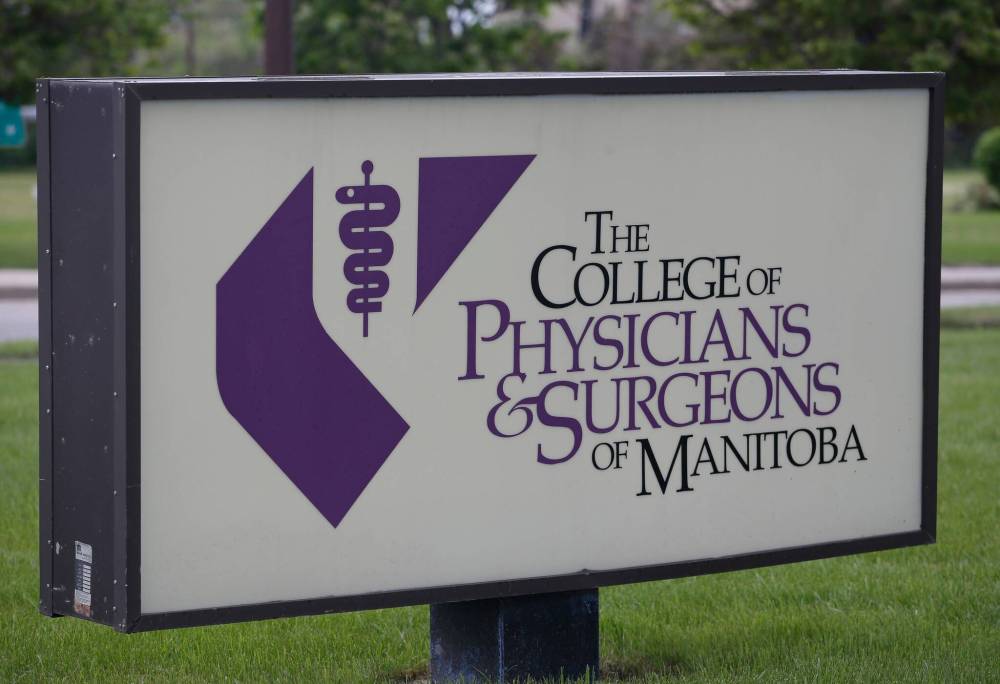
The college’s investigation policy states it should consult with legal counsel when considering interim conditions and assess: “a. the seriousness of the conduct giving rise to the risk; b. the reliability of the evidence underlying the conduct and/or allegations; c. the probability of harm if no action is taken; and d. the availability of less restrictive measures to protect the public.”
“Paramount” is concern for “protection of the public and procedural fairness to the investigated member.”
The woman who was allegedly sexually assaulted by Bissonnette for nearly 15 years — including while the condition was in place — said the college should have prioritized patient safety over his right to “procedural fairness.”
At the very least, accompanying the chaperone signage should have been resources about where to go for help.
“Be more forthcoming about it,” she said. “Not just a sheet of f—–g paper just attached to a calendar.”
katrina.clarke@freepress.mb.ca

College policy
THE policy states that when the college is deciding whether interim measures are required, it should consult legal counsel and consider the following:
“a. the seriousness of the conduct giving rise to the risk;
b. the reliability of the evidence underlying the conduct and/or allegations;
c. the probability of harm if no action is taken; and
d. the availability of less restrictive measures to protect the public.”

Katrina Clarke is an investigative reporter with the Winnipeg Free Press.
Our newsroom depends on a growing audience of readers to power our journalism. If you are not a paid reader, please consider becoming a subscriber.
Our newsroom depends on its audience of readers to power our journalism. Thank you for your support.




